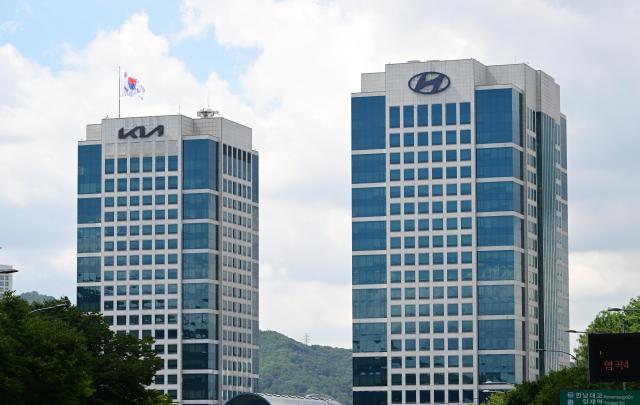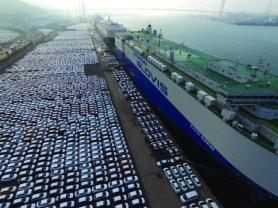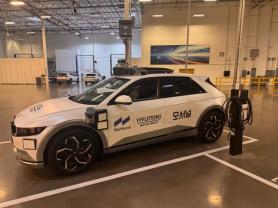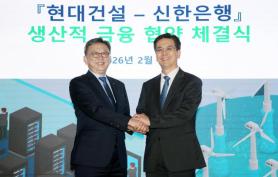
SEOUL, November 18 (AJP) - Hyundai Motor Group is making one of the most aggressive wagers yet on artificial intelligence in the global auto industry, unveiling plans to spend roughly 51 trillion won — about $38 billion — in the coming years to build an AI-driven manufacturing ecosystem centered on autonomous vehicles and humanoid robots.
The investment, stretching from 2026 to 2030, signals the company’s belief that the automobile is rapidly evolving from a machine designed for transport into a mobile platform that reshapes how people use their time. At the same time, Hyundai is betting that factories — long optimized for speed and cost — will soon need to operate with a level of autonomy that mirrors the vehicles they produce.
“Our mid- to long-term goal is to establish AI infrastructure and an advanced AI robotics value chain to transform the automotive industry,” a Hyundai official said.
A cornerstone of Hyundai’s plan is a high-power AI data center capable of processing the staggering volumes of information produced by autonomous vehicles and physical robots. This facility will store petabyte-scale datasets and train models that must continuously interpret a shifting world: road conditions, human behavior, mechanical wear, and countless other variables.
The company is also building what it calls a “Physical AI Application Center,” designed as a proving ground where robots can be tested for safety and reliability before being deployed to industrial settings. Hyundai says this will support a new business in customized robots and AI-based manufacturing services — including foundry operations and tailored machine designs.
The move comes as South Korea — despite its strengths in semiconductors and advanced manufacturing — lacks dedicated research hubs in physical AI. That gap has left Hyundai trailing competitors in the United States and China, where companies like Tesla, Boston Dynamics, now owned by Hyundai but still U.S.-based in origin, and several Chinese EV makers are racing ahead on autonomous driving and humanoid robotics.
Hyundai argues that building out AI infrastructure is no longer optional. Autonomous vehicles rely on dense networks of cameras, sensors, and high-precision maps to make rapid decisions in unpredictable environments. In factories, humanoid robots must identify hazards in real time and adapt to complex work routines once reserved only for humans.
The company says the long-term goal is to collapse the boundaries between Hyundai’s products and the factories that build them. In this vision, autonomous cars and factory robots feed data into shared AI systems that optimize not only manufacturing but the vehicles’ own performance on the road.
It is a sweeping reimagination of the auto business — one in which software and physical intelligence drive value, and where the factory floor becomes as important as the showroom.
“Integrating vehicles and factories into a single intelligent ecosystem is essential for the future of mobility,” a company representative said.
* This article, published by Aju Business Daily, was translated by AI and edited by AJP.
Copyright ⓒ Aju Press All rights reserved.




